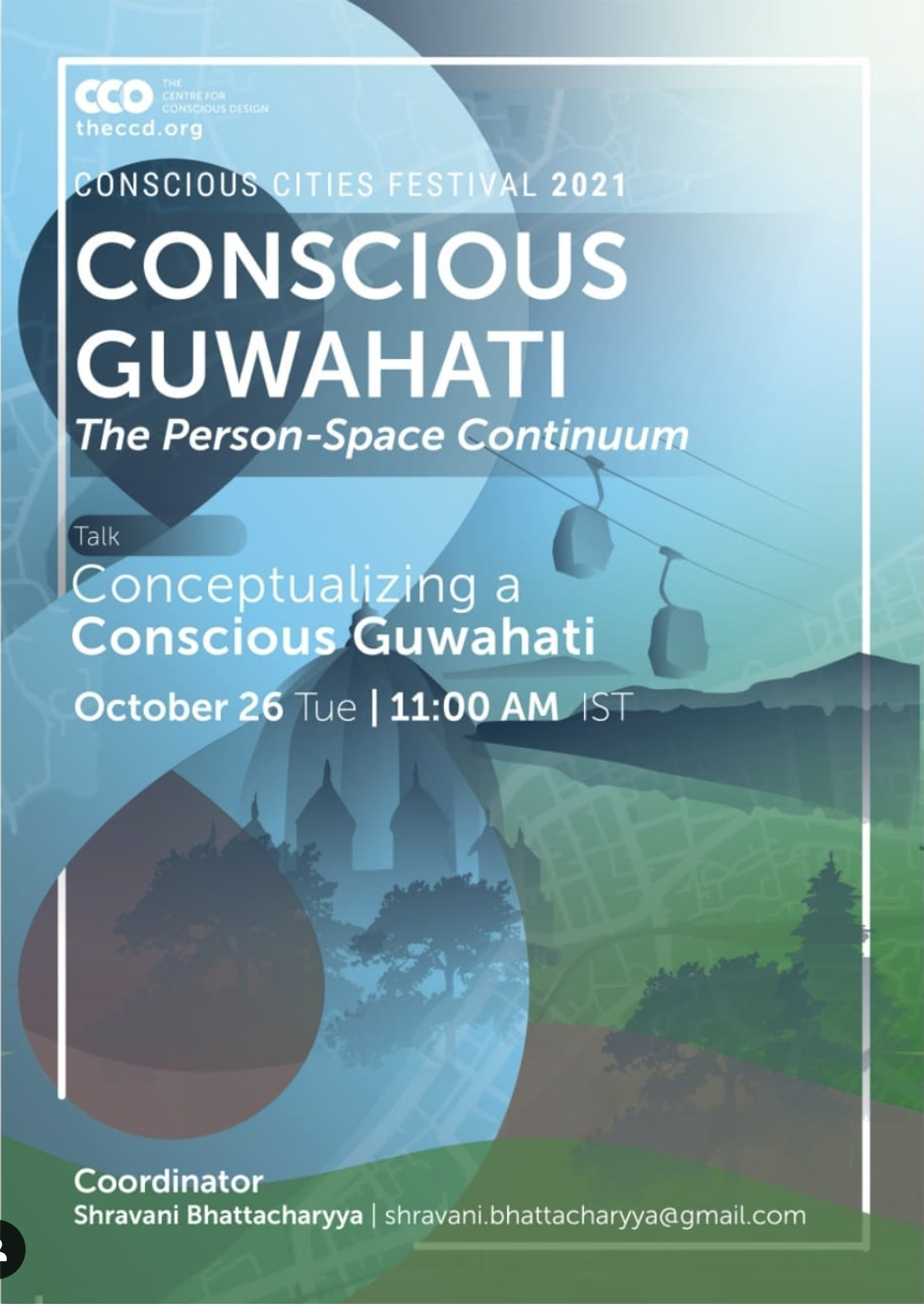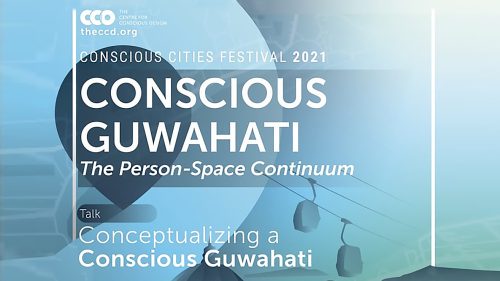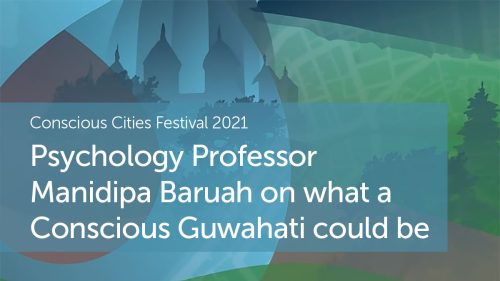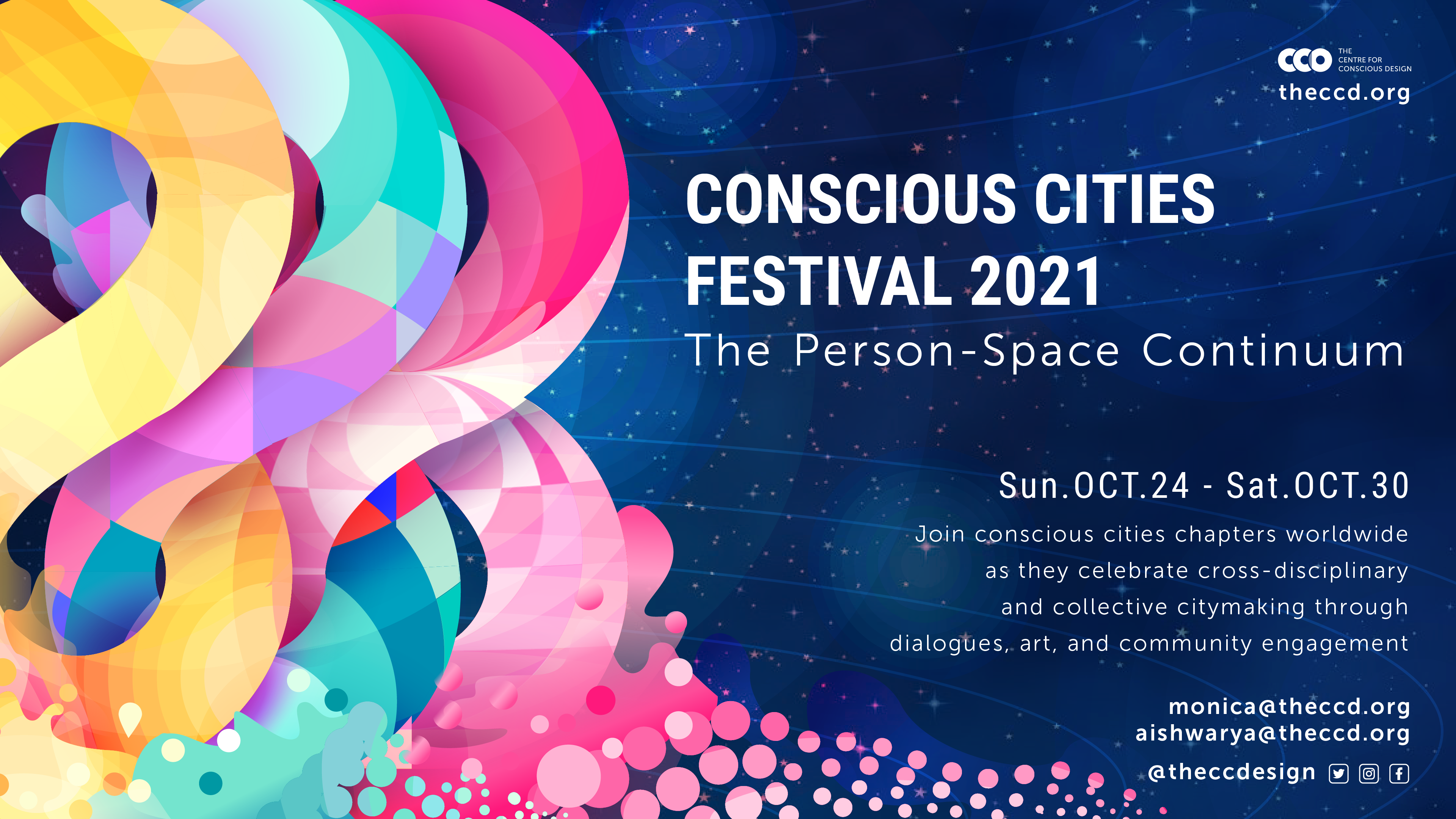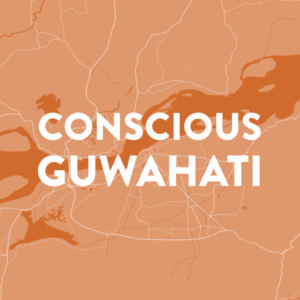Located on the southern side of the river Brahmaputra, Guwahati is a gateway city to the other north-eastern states in India and is on its way to becoming a smart city. As a city being shaped by varied rulers, governments, communities it is not immune to the rapid urban developments taking place in it. The first Chapter of Conscious Guwahati is hence, focused on exploring and building awareness on how urban developments can be designed following principles of equity, agency towards the realization of community resilient mental health and well-being. Conceptualizing a Conscious Guwahati Chapter is taking into account the two Sustainable Development Goals (SDGs), namely good health and well-being and sustainable cities and communities. Understanding the identity of the residents that are connected with living, working and recreational spaces of the city through narratives, opinions would help in building an indigenous enriched foundational vision for a Conscious Guwahati. “Conceptualizing a Conscious Guwahati” will be a pre-recorded event incorporating opinions, discussions with an Architect, a Historian and a Psychologist, Mental Health expert along with a presentation of questionnaire findings that would collect responses from city residents.


